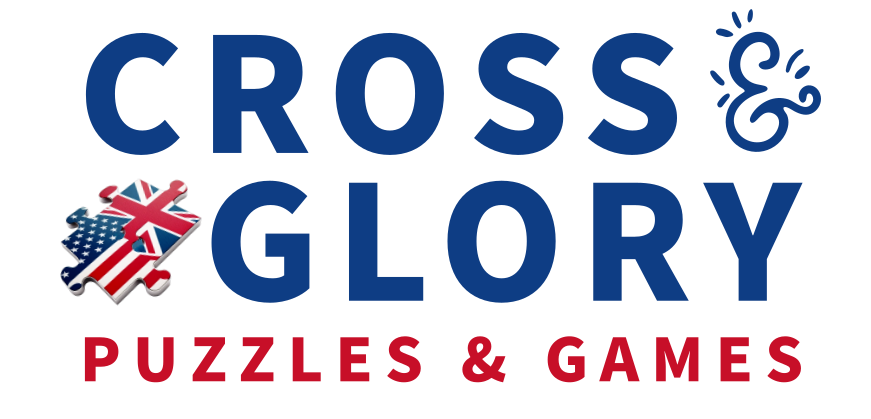Puzzles are more than just pastime activities; they are cleverly designed to challenge the mind, often tricking you into thinking one way when the solution requires another. This psychological trickery is not merely to frustrate but to enhance cognitive skills such as problem-solving, attention to detail, and spatial awareness. Let’s explore the underlying psychological mechanisms that make puzzles both beguiling and beneficial.
1. Visual Perception Tricks
Puzzles often play with visual perception, using colors, patterns, and shapes that can deceive the eye. For example, a jigsaw puzzle might use similar color palettes across different sections, leading you to misplace pieces. This deception forces you to pay closer attention to subtle differences, training your eye to notice minor variances that you might typically overlook.
2. Cognitive Biases
Our brains come with pre-installed shortcuts known as cognitive biases, which help us make quicker decisions. However, puzzles often exploit these biases. For instance, if you repeatedly encounter similar puzzles, you might assume a similar solution applies, a bias known as "mental set." Puzzles challenge these biases by requiring solutions that go against your initial instincts or common patterns, thereby enhancing flexible thinking and problem-solving skills.
3. Pattern Recognition
Puzzles trick the mind by playing on its innate desire to recognize and form patterns. When solving a puzzle, especially complex ones like 1000-piece puzzles, you might find what looks like a recognizable pattern only to realize that the actual piece doesn’t fit where you thought. This misdirection encourages deeper analysis and critical thinking, pushing you to look beyond the obvious and question your assumptions.
4. False Paths and Red Herrings
Many puzzles are designed with false paths or red herrings—elements that seem to lead toward a solution but actually serve to mislead. These deceptive elements are particularly common in logic puzzles or escape rooms, where they are used to complicate the puzzle-solving process. Encountering and overcoming these traps can improve your ability to sift through information critically and determine what is truly relevant.
5. Solution Interference
Puzzles can also trick your mind by causing what’s known as solution interference. This occurs when the presence of one apparent solution prevents you from seeing another, potentially simpler solution. This psychological effect can be seen in puzzles where the more obvious, but incorrect, paths are presented to mislead you, forcing you to think outside the box and approach the problem from different angles.
6. Memory Manipulation
Memory plays a crucial role in solving puzzles, particularly when recalling strategies that worked in the past. Puzzles can manipulate your memory by presenting scenarios that seem familiar but require a new approach. This manipulation helps to enhance memory recall and adaptability, crucial skills in both academic and everyday settings.
Understanding these psychological tricks can significantly enhance your puzzle-solving abilities. For more tips and strategies on mastering these challenges, you might consider exploring resources like "Unlock the Secrets of Puzzle Mastery: Tips and Tricks for Solving Jigsaw Puzzles Faster and More Efficiently". By learning how puzzles deceive you, you can better prepare yourself to tackle them head-on, turning deceptive challenges into opportunities for cognitive growth and development.

